In the rough business climate caused by the COVID-19 pandemic, Apple has taken pride in going beyond "competent business as usual" to help. But the company and its trillion-dollar peers should now take the initiative to gather testing data that governments globally are failing to handle. Lives— and their profits— depend on it.
We previously detailed a variety of ways Apple has voluntarily assisted in the global coronavirus pandemic, ranging from using its supply chain expertise to source masks for frontline healthcare workers to using its design capabilities to fabricate millions of face shields and other needed gear. Apple has also contributed to causes including food assistance for those hit hardest economically by the pandemic, developed remote education resources for teachers and parents, and worked to develop a secure technical basis for tracking the spread of the virus in a way that doesn't allow governments and malicious third parties to track user behaviors for other purposes.
In its most recent quarterly earnings conference call, Apple's chief executive Tim Cook specifically addressed this.
"In this difficult environment, our users are depending on Apple products in renewed ways to stay connected, informed, creative, and productive," Cook said. "We feel motivated and inspired to not only keep meeting these needs in innovative ways but to continue giving back to support the global response, from the tens of millions of face masks and custom-built face shields we've sent to medical professionals around the world, to the millions we've donated to organizations like Global Citizen and America's Food Fund."
Corporations: we urgently need you
Yet there is something else that Apple and its rich corporate peers can uniquely do: assist in compiling testing data on large numbers of people. This data is desperately needed because it will inform us of the real extent of the pandemic and how the virus behaves.
Despite many efforts by scientists worldwide to determine how fast the virus is spreading, what affect it has on the infected, why some are apparently able to asymptomatically carry the virus, and whether people who are infected have gained immunity to reinfection and for how long, we still do not have a clear picture needed to make effective public policy decisions ranging from how quickly we can ease restrictions to whether it is safe to send kids back to school, or whether people who have developed antibodies can return to work safely.
Globally, there are fears that various governments are hiding the true extent of the virus for political reasons to avoid looking incompetent or to reveal any weaknesses. The United States is actively working to portray China as having falsely obscured the true extent of its infections. Even in the U.S., there is widespread ignorance of whether people who are dying with COVID-19 symptoms are actually infected, have been exposed to the virus but died due to other issues, or have died from common causes such as heart attacks or strokes without any COVID-related symptoms or a diagnosis, yet which many have been caused by damage from the virus.
The largest enemy is ignorance
We simply do not know the answers to many of these questions. There are also political reasons for obscuring the truth.
Additionally, the widespread desperation to try to find the truth has green-lit a variety of tests that are simply not accurate enough to provide useful results. A study of the tests that were rushed into use in the U.S. without the typical, time-consuming approval process of standard FDA certification has indicated that many antibody tests now being used are giving false positives so often that their results are creating additional chaos.
There are now groups on Facebook and elsewhere that are actively promoting conspiracy theories that suggest that the entire pandemic is a globalist effort to enslave individuals and force the vaccination of people in order to curtail their freedoms. Without clear, non-political data on what is actually happening, we will continue to suffer from bad public policy based on bad data, without a clear understanding on what is actually going on.
And as mistakes are made by public officials relying on data that is not accurate, trust in authority and science will erode and more people will be driven in desperation to believe anything that that seems plausible. This will be disastrous for society, for individuals, and for the economy.
Where are the tests?
Regardless of political affiliation, the executive and legislative branches of federal and state governments in the United States are losing credibility largely due to decisions made without a clear foundation in accurate data. People are growing less and less confident in governments to provide testing, given that weeks have passed and promises of widespread testing being widely available have turned out to simply be untrustworthy.
This presents a huge opportunity for companies like Apple, Google, Facebook, Amazon, and Microsoft to work together in their own self-interest to create public confidence in corporate activity, as well as public policy shaped by accurate, real-world data. These companies already have intimate access to their customers and audiences. Most people would be more willing to trust these companies than their elected political overlords, many of whom they've just witnessed making wildly embarrassing mistakes.
Heading into the pandemic, Apple rapidly identified several ways it could help. One way was to take its existing research it had already made to create a secure system for finding lost hardware for its "Find My" app and adapting this to develop a safe and secure way to track potentially proximal transmissions with virus-infected individuals and communicate this data without revealing the identities or location of any users.
Governments from the UK to France to Australia quickly jumped on the idea of using coronavirus panic to roll out their own widespread surveillance systems to track viral transmission that they could then perpetually use to also track other activities ranging from drug use to money laundering to human trafficking and other crimes. Other governments would also love a system that enabled them to track terrorists or dissidents or even political rivals.
Yet, Apple has stridently pushed to make its COVID-19 tracking system independent from politics and to maintain control over the system, allowing it both the power to enable and to shut it down once the pandemic is over.
It's time for big tech to flex its muscle for us
If Apple and other major global corporations similarly pursued widespread testing, they could assure users that their tests would not be used to further political oppression or other partisan efforts, collecting data that scientists could use to inform responsible, intelligent public policy no matter what politicians would like to have happen. We desperately need this non-partisan, non-nationalist, non-political, non-racist data to inform public policy and to convince skeptics of the need to continue what may be difficult and expensive best practices needed to save lives and safely reboot global economies.
We have never before needed trillion-dollar corporations to jump in and check the power of our politically motivated governments. We desperately need their help to deliver reliable testing data that our governments are failing to competently gather on their own. And it is in the financial interest of these big companies to deliver reliable testing data because as long as we suffer through incompetent political squabbles that erode peoples' trust in their own governments, these corporations will also suffer dramatically from economic uncertainty and the building contempt for sloppy public policy directed by ideology rather than data and facts.
Apple, Google, Facebook, Amazon, and Microsoft could start by rapidly testing their own workers, followed by opt-in testing provided to their customers. Leveraging their relationships with users, these firms and others could begin compiling real-world data that would help inform epidemiologists and other scientists working to better understand how this virus works, how it affects the infected, how safe the exposed are to reinfection, what risks there are to individuals with preexisting issues that make them vulnerable, and how to best spend public resources in mitigating the damage caused by the virus and its spread.
Without this data, these companies may end up watching some segments of their customer base die unnecessarily while others retract in fear without a solid basis in understanding what degree of social interaction is safe and needed to resume normal work. This pandemic is clearly hitting some people far harder than others. It is the responsibility— and in the best interests— of our tech giants to help protect the vulnerable and empower the capable to do as much as they can to avoid infection and also avoid irrational fear of a still largely mysterious enemy virus.
We desperately need the testing data only they can be trusted to deliver for us. Will they help?
 Daniel Eran Dilger
Daniel Eran Dilger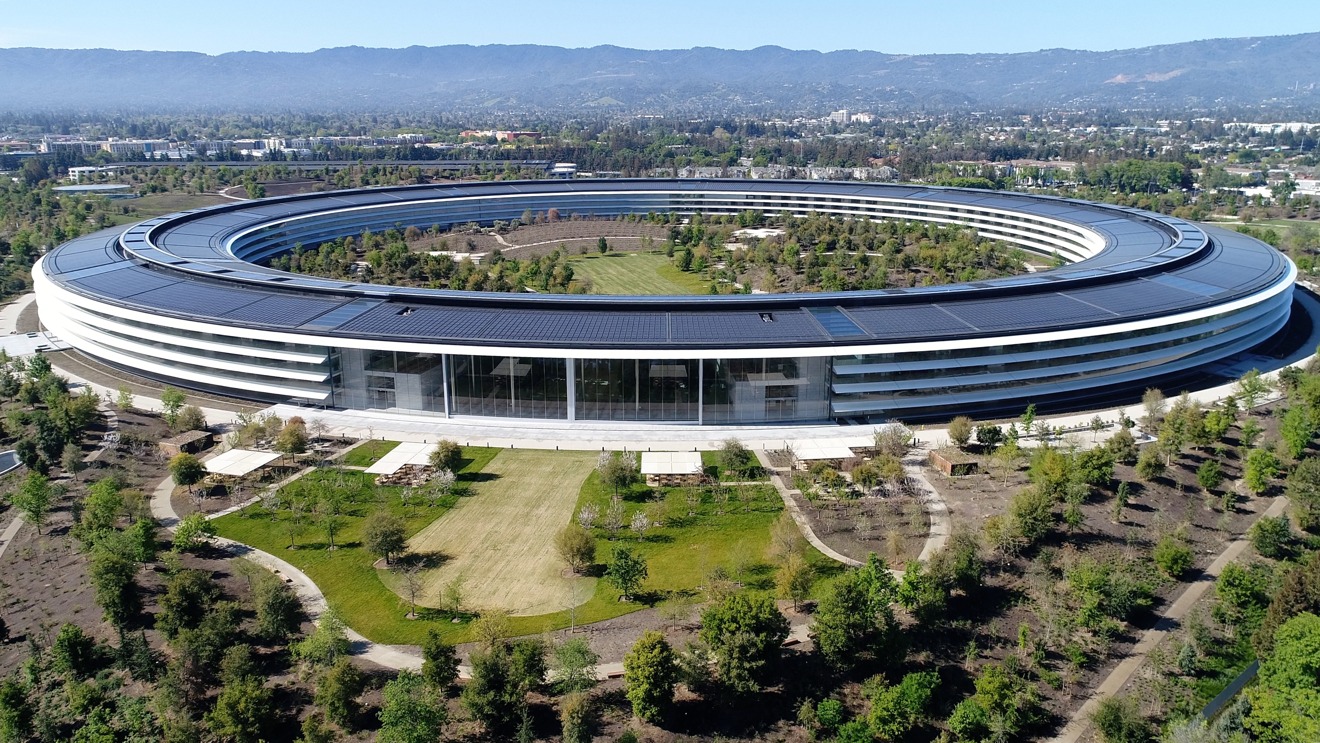
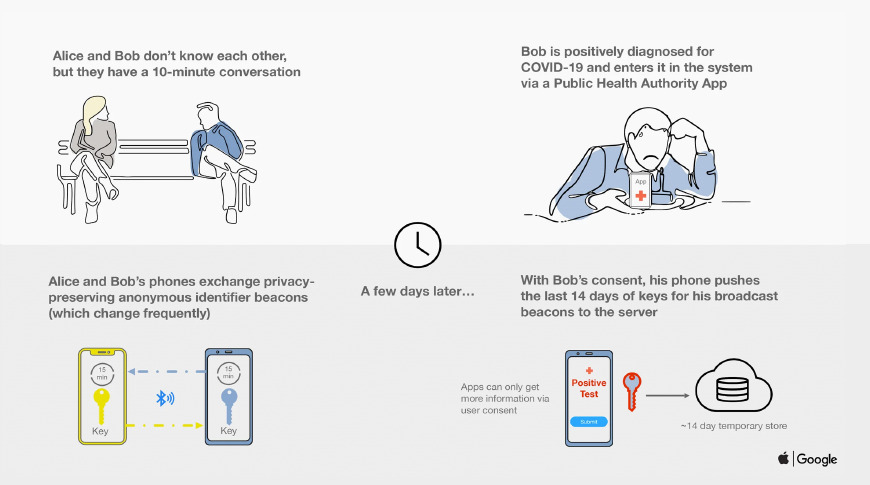




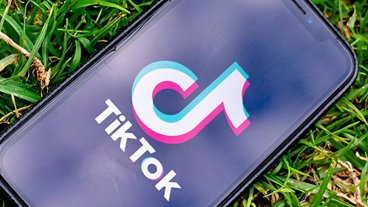


-m.jpg)





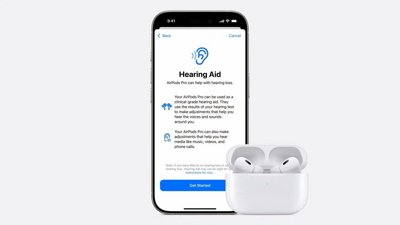
 Amber Neely
Amber Neely
 William Gallagher and Mike Wuerthele
William Gallagher and Mike Wuerthele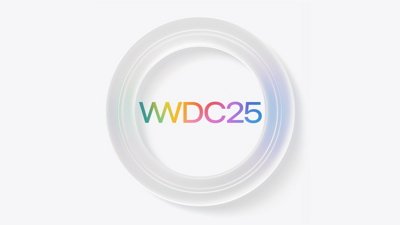

 Christine McKee
Christine McKee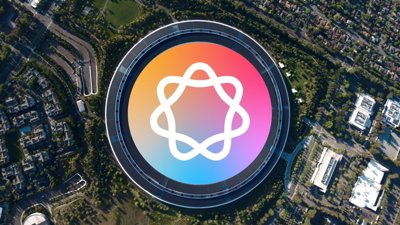
 William Gallagher
William Gallagher
 Malcolm Owen
Malcolm Owen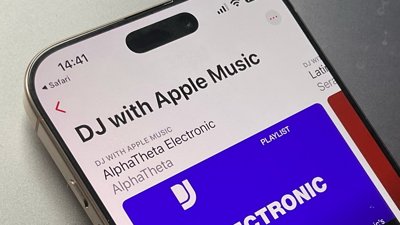
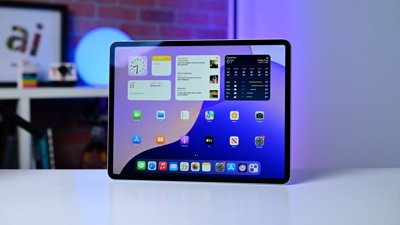
 Andrew O'Hara
Andrew O'Hara








27 Comments
There is no Covid-tracing app from Apple that it can test. There’s an API that developers can use and then app testing is largely with them and govts/NGO’s. Apple can and will only check those apps on AppStore compliance. Sadly, the success of this effort gets largely determined by authocratic societies that via enforcement, can effectively reach critical saturation (>70%) in the field. Privacy-compliant API’s and functionality brought up by AAPL/GOOG are nice to have but aren’t success determinators. This implies AAPL/GOOG will face a lot of complications before leading to success in Western Societies - if ever - sadly.
Really? All this talk about the importance of privacy all these years, and now we're lost without "big brother"? Is it the only possible path to recovery? Is that really the kind of sacrifice it takes? Not every invention coming from the tech-industry turns out to be for the greater good in the end. I don't have the answers. But I have doubts.
Is this another one of those ‘America-First’ or ‘America-Power’ mindset?
Keep whatever mentioned one the article to USA. Not all countries need this as there are countries who have done well and better management. Data isn’t everything. If any policy maker ignores simple things such as lifestyle habits and cultural differences, then no amount of data/information will help.
Simple things like wearing shoes into houses being common in western world but not so in Asia, or sharing of food without a serving spoon in Asia culture but not so in western culture. All these make a difference in contributions towards rate of infections.